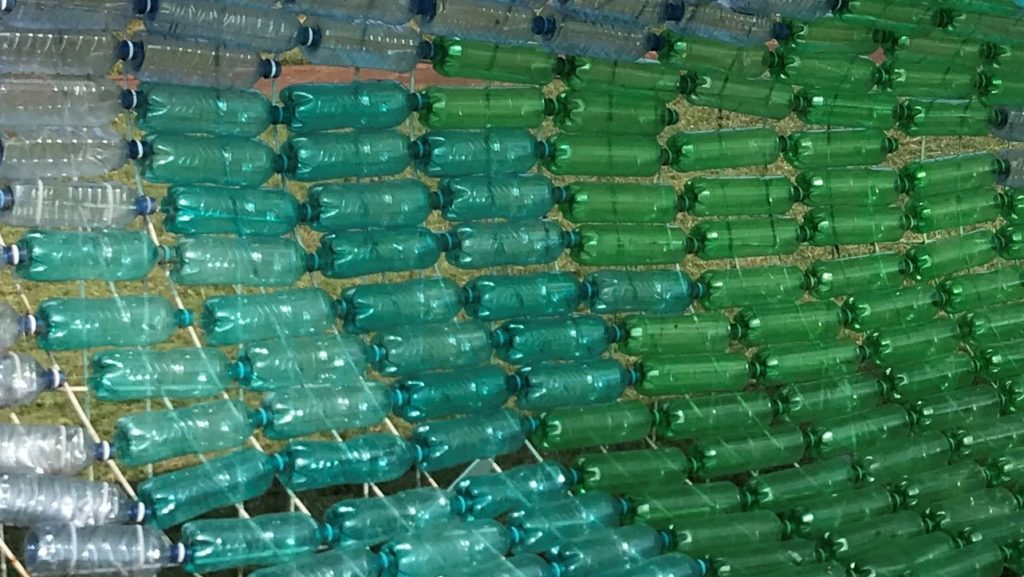Does the competition become more equal for rPET vs virgin? Or will the total use of plastic be reduced in favor of alternative (packaging) material?
An interesting article about virgin plastic tax, shared by DutchPETRecycling.

By Matt Tudball (ICIS), Additional reporting by Caroline Murray
Spain’s proposed tax on virgin plastics, announced recently as part of the government’s circular economy strategy, has received a mixed reaction from the European polymers markets. A series of measures that make up the strategy is expected to include a €0.45/kg tax on non-reusable plastic packaging following similar measures adopted elsewhere in Europe including the UK and Italy.
Sources in the market had a lukewarm outlook on the benefit of the tax – the first to be announced by an EU member state since the beginning of the coronavirus outbreak – with several comparing it to the €450/ton Italian virgin plastics tax – which has been postponed until 2021 in light of the pandemic.
“We used plastic products during the covid-19 emergency and now they are thinking of a tax on plastics from January 2021. We are at the level Italy was a year ago,” a Spanish polymers trader said.
“It’s the same discussion Italy had. They asked for €1/kg then reduced the figure after a huge fight between the plastics sector and the government… and now we will have to go through the same fight. Nobody learns from others,” the trader added.
Others were less pessimistic. “This is a tax paid by everybody – everyone is in the same conditions to compete,” one polyethylene terephthalate (PET) producer said.
“The second point is how strong PET material is versus the other [polymers]… I don’t believe that people will go to the supermarket to buy a glass bottle of water. At the end of the day, we will all pay more and the government will get more money. If we all compete on the same terms, it’s more than welcome,” the producer added.
It currently is unclear whether products with a certain percentage of recycled content will be exempt, but this looks likely if Spain follow the same principles as the UK and Italy. In terms of the impact on the recycled market, a buyer of recycled PET (R-PET) believes it may increase competition for post-consumer bottles, the feedstock for the R-PET market.
“Bottles will be scarce, that is for sure. Either collection increases exponentially or we will all be running after the same feedstock material,” the buyer said.
The Italian tax on virgin plastics with less than 30% recycled material was meant to incentivize bottle producers and others to increase the amount of recycled plastic in their product. But as with the UK tax, there are concerns about the size of the tax and whether it will be enough to encourage converters to move away from virgin given current low PET prices.
Using the example of the UK tax, a UK-based PET buyer said, “£200/ton is not enough. If the premium to use recycled content is £600-700, it won’t make people use recycled material – unless people do it for marketing purposes.”
On the other hand, recyclers are worried that the tax will deter consumers from buying plastic products altogether – and more to goods packaged in paper, glass or cardboard.
